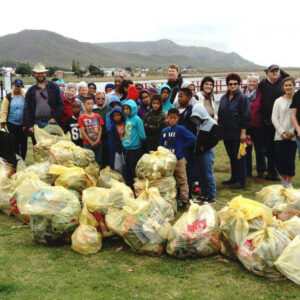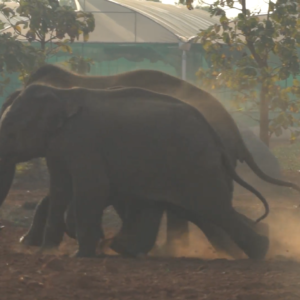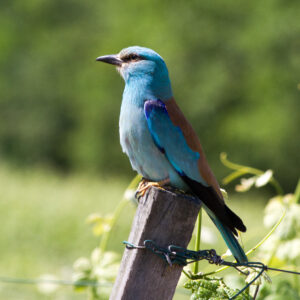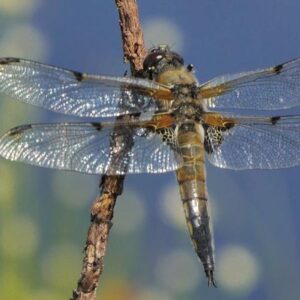
Little Campbell River
Restoration, Canada
In Canada, A Rocha is working to protect biodiversity and improve watershed health in and around the Little Campbell River, through research, education and practical action.
One of British Columbia’s most endangered rivers, the Little Campbell River (or TAT-A-LU) lies in Western Canada at the heart of the Salish Sea (or Georgia Basin-Puget Sound Ecoregion). It travels through different jurisdictions and boundaries, meandering from Langley into White Rock where it enters Semiahmoo Bay.
This Little Campbell River watershed is home to a diversity of wildlife and plant species, including five species of Pacific salmon and trout, as well as over 30 species at risk. The river and its surrounding natural habitat face increasing pressures from urbanization and agricultural land development. These lead to loss of habitat, low water levels and pollution.
This is the study area for A Rocha Canada’s conservation science programme, where the team carry out surveys, research and habitat restoration projects. A red-listed species of freshwater fish, the Salish Sucker Catostomus sp., was thought to be locally extinct until 2011 when it was found in the main pond at Brooksdale. Since then, A Rocha Canada has established a long-term inventory and monitoring project focusing on the Salish Sucker in the Little Campbell River watershed. Survey data collected by A Rocha Canada in partnership with Pearson Ecological and Fisheries and Oceans Canada’s Habitat Stewardship Program for Species at Risk has helped to inform species management and has contributed to the inclusion of the Little Campbell River watershed in Salish Sucker Critical Habitat.
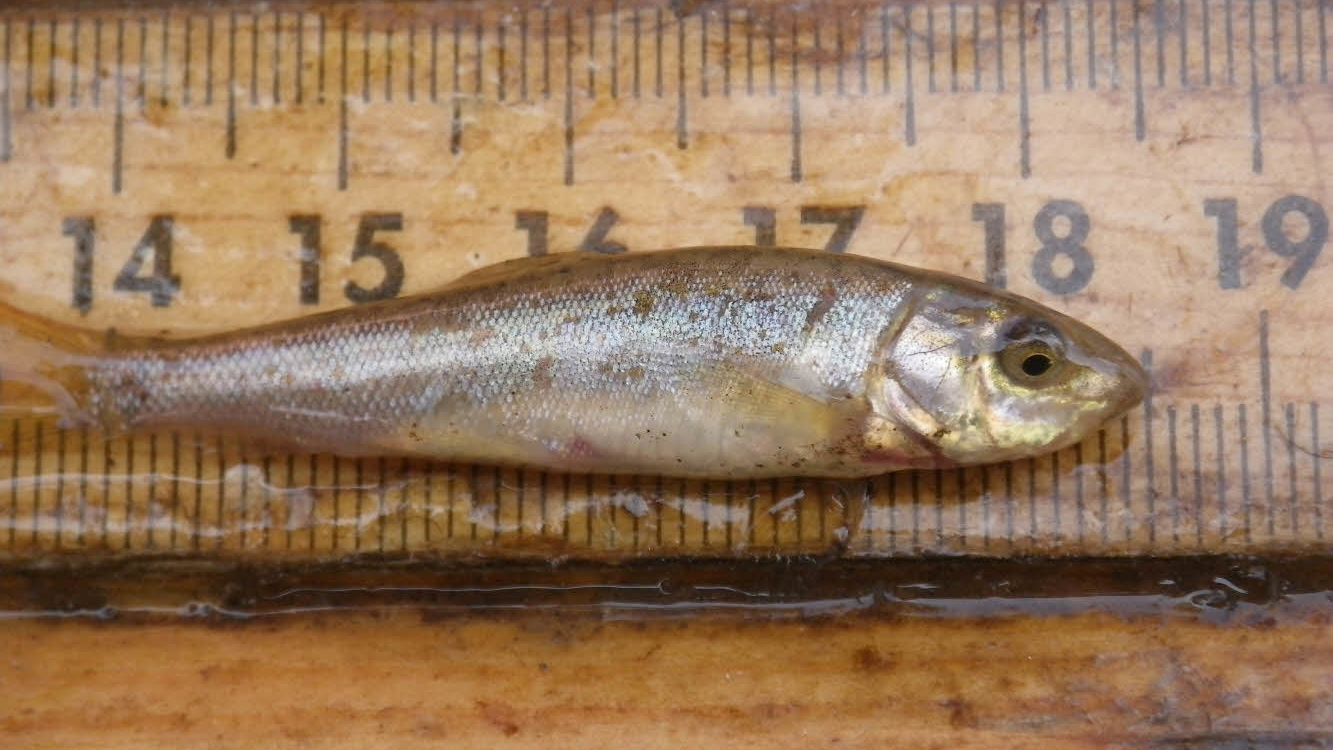
Read more on A Rocha Canada’s website about the Little Campbell River
